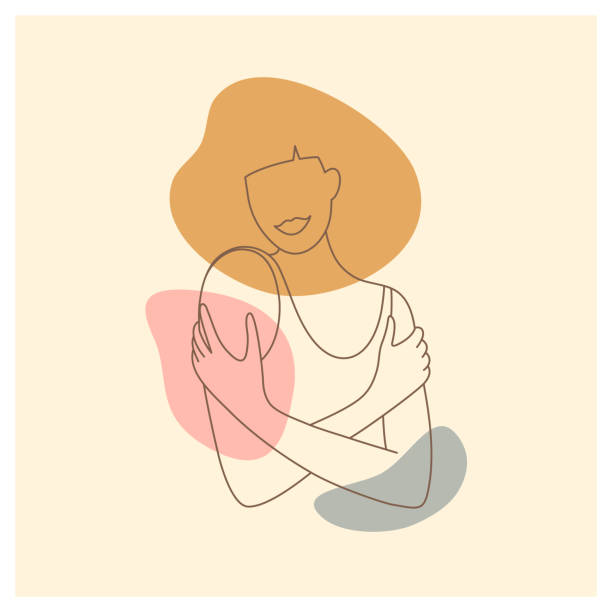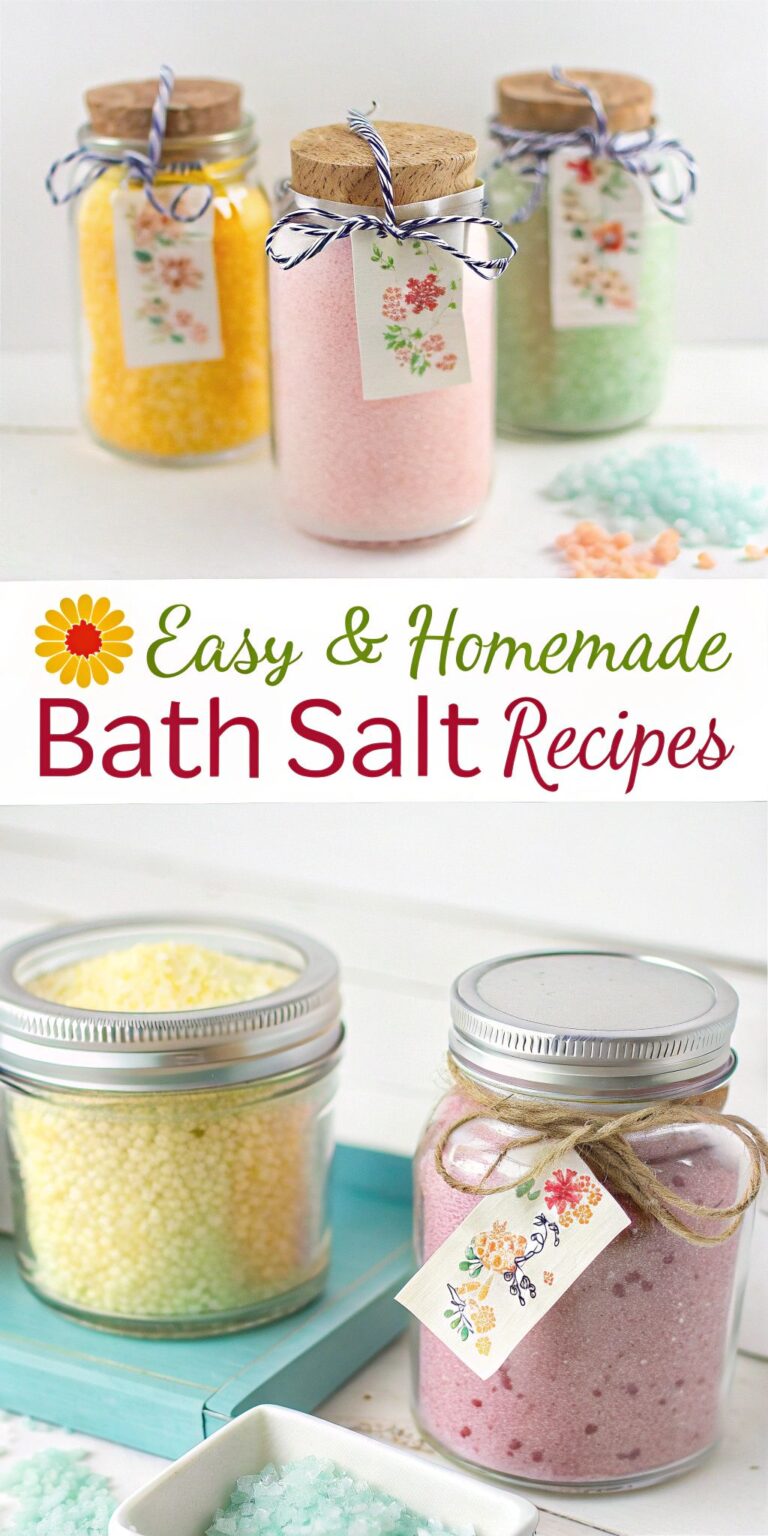Women’s hygiene is a sensitive topic, considered a taboo to be spoken of openly. But, a woman needs to be aware of the basic personal hygiene tips and how to practice it. This topic, however discomfort it might possess, is of utmost importance to enlighten women about self-care. That’s why in this blog I am going to talk about body hygiene tips for women.

Image Source: iStockPhotos
Importance Of Body Hygiene
Body hygiene encapsulates caring for all parts of your body, especially those that are often overlooked, like groyne, armpits, nails, and more. The shoes that you bring home after a walk in the park carry 421,000 units of bacteria. (1) But you throw them aside and jump on your bed without washing your feet.
Remember COVID-19 that took millions of lives between 2019-2022, all because we are too lazy to wash our hands more often. The consequences of NOT practising body hygiene are evidence enough to suggest its unmatched importance. Then why do we lag?
Body hygiene is even more important for women. Presentation and health comes above all and are crucial to becoming confident and comfortable in your body. During menstruation, it’s important to use clean and safe products, and change them regularly to stay healthy and prevent infections. (2)
Types Of Body Hygiene To Practice
1. Hand Hygiene
Washing your hands is one of the easiest natural methods you can use to reduce the spread of germs. Wash your hands with soap and water for not less than 20 seconds. As you wash, ensure that the back of your hands, the region in-between your fingers and the nails are washed.
2. Toilet Hygiene
When one is through using the toilet, they should make sure they wash their hands using running water and soap. If you are inside a public washroom, then you must use a paper towel to cover the toilet seat, and flush after use, open the door, and wash your hand after to prevent the transfer of germs from the doorknob.
3. Nail Hygiene
Long nails do look classy, but the dirt trapped inside them doesn’t. So despite your preference for nail length, trim them regularly. Use natural cuticle oils to keep them from catching much dirt and do not scratch your skin with them as it can transport germs and could compromise your immune system.
4. Scalp Hygiene
Use mild shampoo and conditioner when taking a shower to maintain the hygiene of your scalp. Don’t rub the ends of your hair harshly because it causes split ends and damages your hair. Shampoo your scalp with gentle circular motions and use conditioner for the length. Don’t let your hair get too greasy, as this causes buildup that can make the scalp irritated.
Feminine Hygiene – How To Keep Hygiene Of Private Parts?
The beauty industry misleads many women into using harsh soaps and liquids marketed as “vaginal washes.” These products can actually harm your sensitive genitals.
Your vagina is a self-cleaning organ. The discharge it produces is a natural sign of good health. Using chemical products can disrupt the vagina’s natural pH balance and increase your risk of infections.
Here’s a simple tip – Instead of using vaginal washes, focus on gentle external care. Wash the outside of your genitals with warm water and a mild, unscented soap. Avoid using harsh soaps, douches, or scented products.
Similarly, the skin of your armpit is very sensitive and discoloration is a result of a harmful chemical like alcohol based perfumes and deodorants which clog the pores and breed infection. Try to use more gentle, natural products.
Remember, your body is designed to take care of itself. It doesn’t mean you should stop caring, but be careful with your products. Avoid harsh chemicals and be more regular in practising body hygiene.
For more information on body hygiene and how to smell great, check out my other blog post, “18 tips to smell good all day long – secrets for men and women.”
Importance Of Feminine Hygiene
Females undergo physical change at puberty, during menstruation, while giving birth and at the menopause stage in their lives. During all these stages, it is important to ensure that feminine hygiene is well-observed by following specialised body hygiene tips for women.
Sadly, owing to increased work demands and lack of time or awareness, some of them may neglect their health. That is why, if proper practising of feminine hygiene does not take place, many health issues are likely to occur.
The female reproductive system is very sensitive and needs to be handled with a lot of care. (4) This calls for appropriate feminine hygiene to help avoid infections, irritation and sometimes long-term complications.
Focusing on this aspect improves the general health and well-being of women, hence enhancing the quality of lives.
How To Make Good Hygiene A Habit
If you want to create a habit of practising good body hygiene, let me give you a step-by-step guide on how you can make it work.
Feel like enhancing the quality of your personal hygiene or teaching your girl to build a habit of practising good body hygiene regularly? Here are some ways to make it easier:
- You can put a reminder on your phone to take a shower, brush your teeth, or to cut your nails. It may seem rather dull, but one thing I learned from experience is that reminders set your internal clock and soon it becomes a habit naturally.
- Place signs, like sticky notes, in the bathroom or near the kitchen sink so that one can be constantly reminded to wash his or her hands multiple times a day.
- Practice makes one perfect. Establishing new habits requires time and effort. Thus, it is not unusual for there to be a backlash from yourself while engaging in new habits. You can adopt one new habit or behaviour at a time and follow it through until it becomes flawless. Then, add another one.

Image Source: iStockPhoto
When Should A Girl Start Practising Feminine Hygiene?
It’s a common query for parents and young girls alike, “At what age should a girl start taking care of her feminine hygiene? The answer is simple: for instance, when mothers start perceiving some changes in the body like the onset of puberty in their daughter.
Practising proper hygiene is one of the many ways you can feel confident in Own Who You Are.
50 Feminine Hygiene Tips They Don’t Tell You
Here are 50 feminine hygiene tips they don’t tell you about for maintaining feminine hygiene:
General Hygiene Practices
- Wash with mild soap and water: Use a gentle, unscented soap to wash the external genital area daily.
- Avoid douching: The vagina is self-cleaning. Douching can disrupt the natural balance of bacteria and lead to infections.
- Wipe front to back: This helps prevent the spread of bacteria from the anus to the vagina.
- Change underwear daily: Wear clean underwear every day, especially during menstruation.
- Avoid tight-fitting clothing: Opt for loose-fitting, breathable underwear and clothing to prevent moisture buildup.
Diet and Lifestyle
- Eat a healthy diet: A balanced diet can help maintain overall health, including vaginal health.
- Stay hydrated: Drinking plenty of water can help prevent urinary tract infections and keep your vaginal area healthy.
- Manage stress: High stress levels can affect your overall health, including your vaginal health.
- Get enough sleep: Adequate sleep is essential for overall health and well-being.
- Avoid smoking: Smoking can increase the risk of infections and other health problems.
Product Choices
- Choose unscented products: Fragranced feminine hygiene products can irritate the sensitive skin of the vulva.
- Avoid using talcum powder: Talcum powder can irritate the vulva and increase the risk of infections.
- Consider natural alternatives: Look for natural and organic feminine hygiene products.
- Avoid excessive use of feminine washes: The vagina is self-cleaning, and excessive use of feminine washes can disrupt the natural balance of bacteria.
Menstrual Hygiene
- Change pads or tampons regularly: Avoid leaving pads or tampons in for too long, as this can increase the risk of infections.
- Use menstrual cups or reusable pads: These eco-friendly options can be more comfortable and less irritating than disposable products.
- Consider menstrual underwear: These specialised underwear can absorb menstrual flow with no pads or tampons.
- Wash menstrual products thoroughly: If using reusable products, wash them with hot water and a mild detergent.
- Avoid scented products: Fragranced tampons, pads, and liners can irritate the sensitive skin of the vulva.
Skin Care
- Moisturise the vulva: Use a gentle moisturiser to keep the skin of the vulva hydrated and prevent irritation.
- Avoid harsh soaps and fragrances. These can irritate the sensitive skin of the vulva.
- Treat ingrown hairs: If you have ingrown hairs, use a warm compress and tweezers to gently remove them.
- Shave with care: When shaving the pubic area, use a sharp razor and shaving cream to prevent cuts and irritation.
Post-Sex Hygiene
- Urinate after sex: This helps flush out bacteria that may have entered the urethra.
- Avoid douching: Douching after sex can disrupt the natural balance of bacteria and increase the risk of infections.
- Wash your hands: Wash your hands with soap and water before and after sex.
- Consider using a condom: Condoms can help protect against sexually transmitted infections.
Health Concerns
- See a doctor if you have concerns. If you experience any unusual symptoms, such as abnormal discharge, itching, burning, or pain, consult a healthcare provider.
- Get regular gynaecological exams: Regular check-ups with a gynaecologist can help identify and treat any potential health problems.
- Discuss concerns with your partner: Open communication with your partner can help address any concerns related to feminine hygiene.
Pregnancy and Postpartum
- Practise prenatal care: Regular prenatal check-ups can help ensure the health of both mother and baby.
- Avoid douching during pregnancy: Douching can increase the risk of infections during pregnancy.
- Wear supportive bras: During pregnancy and postpartum, wear supportive bras to help prevent sagging breasts.
- Take care of perineal wounds: If you had a vaginal delivery, take care of any perineal wounds to prevent infection.
- Breastfeed safely: If breastfeeding, practise proper hygiene to prevent infections.
Menopause
- Manage hot flashes and night sweats: Use cooling techniques or medications to manage symptoms of menopause.
- Stay active: Regular exercise can help alleviate symptoms of menopause.
- Eat a healthy diet: A balanced diet can help support overall health during menopause.
- Consider hormone therapy: If experiencing severe symptoms of menopause, talk to your doctor about hormone therapy.
- Seek support: Connect with other women going through menopause for support and advice.
Body Hygiene Tips For Women Over 50
As women age, their bodies undergo natural changes that may require adjustments to their hygiene routines. While many of the fundamental principles of feminine hygiene remain the same, there are specific considerations for women over 50. Here are some ‘body hygiene tips for women over 50’ to help maintain their well-being and confidence:
Skin Changes
- Vaginal dryness: Oestrogen levels decline during menopause, leading to vaginal dryness. This can cause discomfort and increase the risk of infections. Consider using water-based lubricants or vaginal moisturisers.
- Age spots: These are common skin changes that often appear on the face, hands, and arms. Protect your skin from the sun by wearing sunscreen and avoiding excessive sun exposure.
- Thinning skin: As you age, your skin becomes thinner and more delicate. Use gentle cleansers and moisturisers to avoid irritation.
Hygiene Practices
- Regular bathing: While daily bathing is recommended, avoid excessive scrubbing, as this can irritate the skin.
- Gentle cleansers: Choose mild, unscented cleansers for both your body and your intimate areas.
- Hair care: If you notice thinning hair or changes in scalp health, consult with a dermatologist.
- Nail care: Keep your nails clean and trimmed to prevent infections and improve overall appearance.
Health Considerations
- Urinary incontinence: This is a common condition among older women. Talk to your doctor about treatment options, such as pelvic floor exercises or medications.
- Yeast infections: Hormonal changes can increase the risk of yeast infections. If you experience symptoms like itching, burning, or abnormal discharge, consult a healthcare provider.
- Osteoporosis: As you age, your bones become more brittle. Eat a diet rich in calcium and vitamin D, and consider taking supplements if recommended by your doctor.
Self-Care
- Regular check-ups: Schedule regular appointments with your healthcare provider to monitor your overall health and address any concerns.
- Mindful self-care: Prioritise self-care activities such as meditation, yoga, or spending time in nature.
- Healthy lifestyle: Maintain a balanced diet, exercise regularly, and get enough sleep.
- Connect with others: Social interaction can have a positive impact on your mental and emotional well-being.
Remember, ageing is a natural process. By following these tips and taking good care of yourself, you can maintain your health, confidence, and quality of life.
A Note For Parents Of Young Girls!
Parents should guide their daughters and have an open discussion with them about matters relating to feminine hygiene. As primary caretakers, they must advise their daughters and assist them in being in the right habits to help them embrace their bodies.
Remember, every girl is different, and the timing of puberty can vary. The key is to start discussing feminine hygiene when your daughter is ready and to provide age-appropriate information. By doing so, you can help her develop a lifelong commitment to self-care and well-being.
Hygiene leads to beauty and what better way to celebrate your inner beauty than these lists of affirmations and self love ideas.






